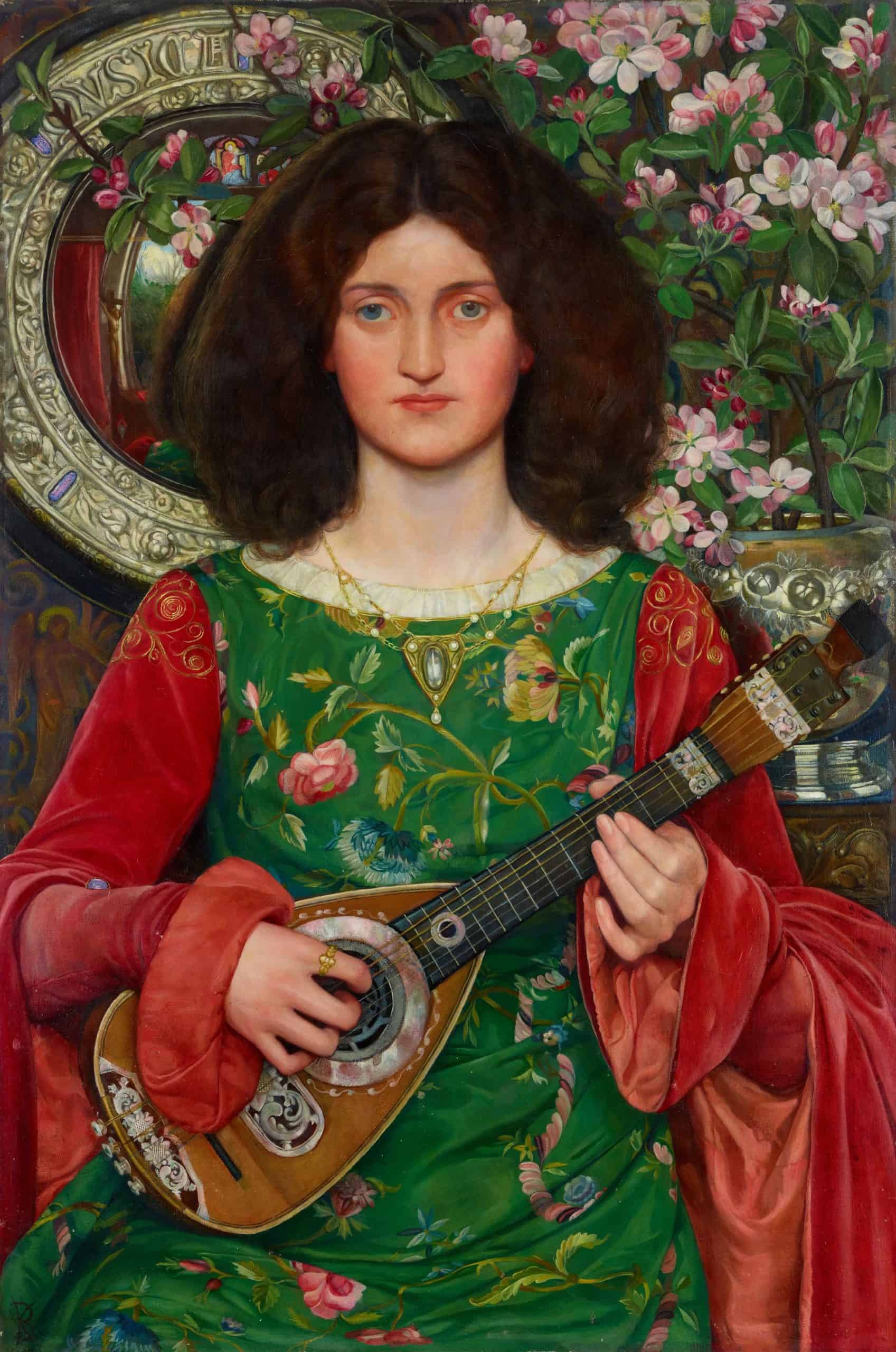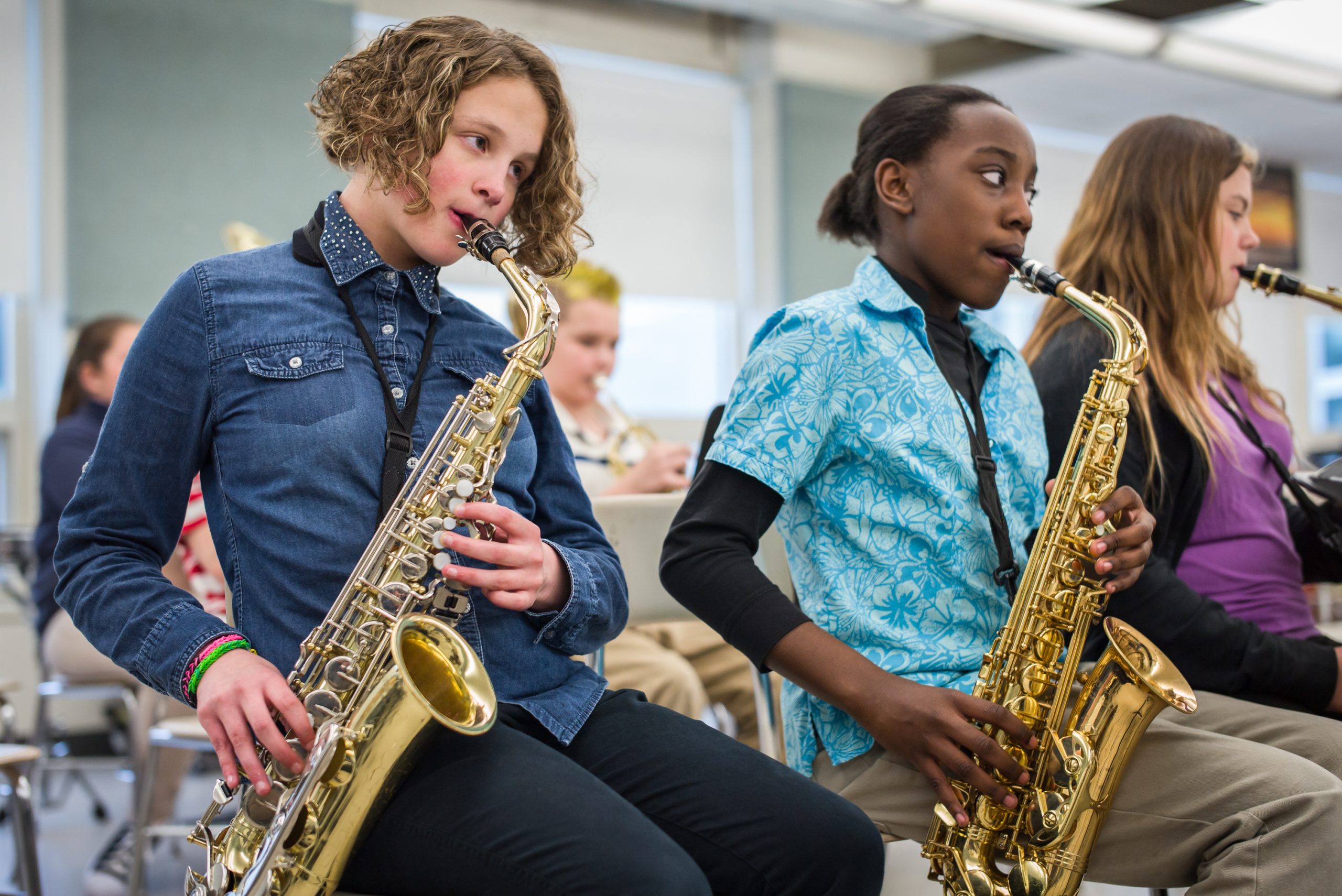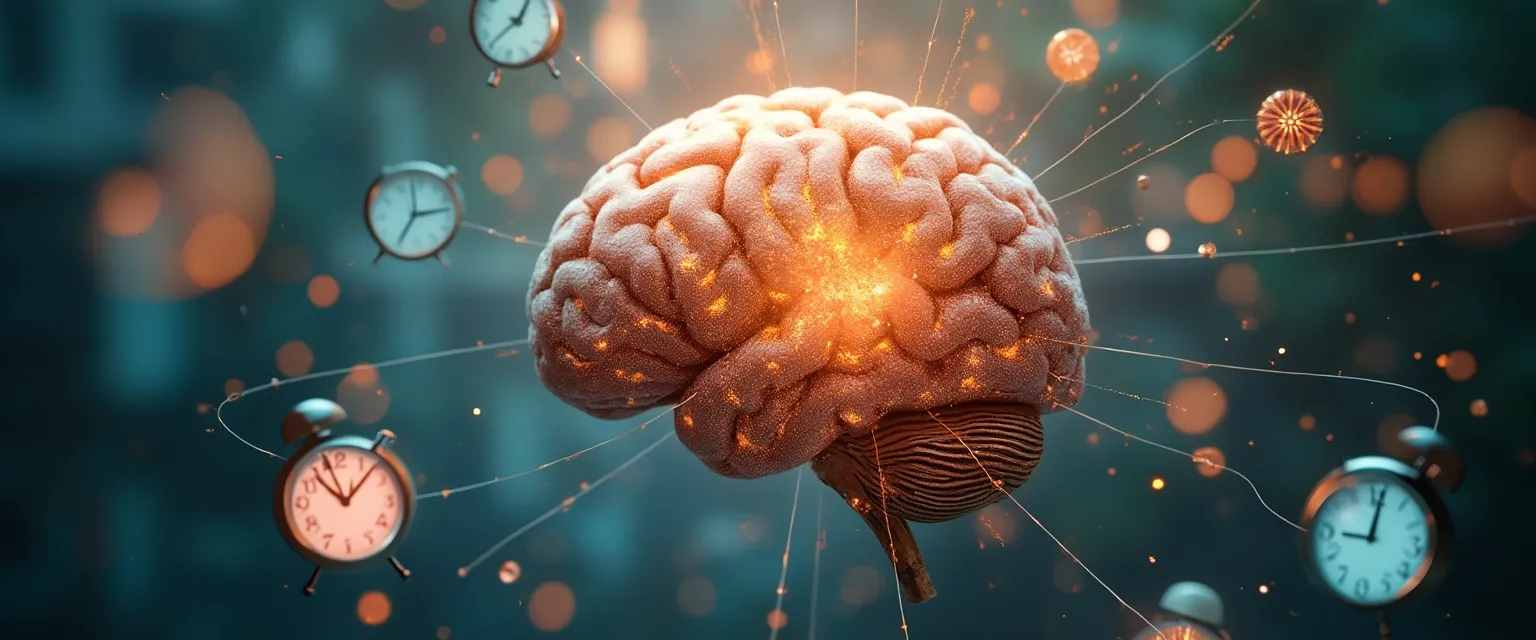The Influence of Music on Creativity: How Practicing an Instrument Can Stimulate Innovation
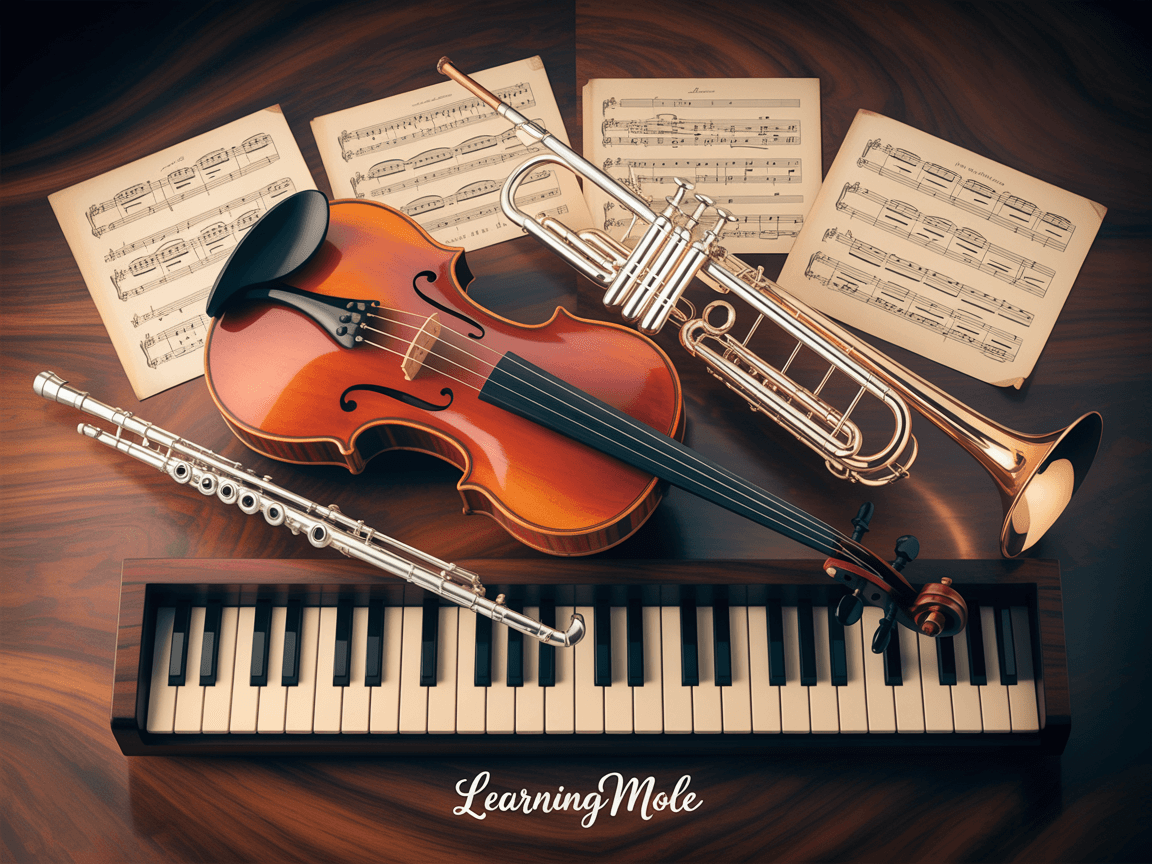
The Impact of Music on Creative Thinking
In today’s fast-paced world, creativity is often heralded as a key driver of innovation. One surprising catalyst that fosters this vital skill is music. Recent research suggests that engaging with musical instruments can enhance cognitive functions, leading to more innovative thought. But how exactly does this relationship operate? By exploring various dimensions of musical engagement, we can gain insights into the profound effects of music on creative processes.
Here are several ways music influences creativity:
- Stimulates Brain Activity: Playing an instrument activates multiple areas of the brain, including those responsible for coordination, auditory processing, and emotional regulation. A study conducted by neuroscientists at the University of Southern California found that musicians have more robust connections between the right and left hemispheres of the brain, suggesting that they are better equipped to approach problems holistically.
- Improves Problem-Solving Skills: Musicians often excel at viewing problems from different perspectives. For example, the ability to improvise during a jam session teaches individuals to think on their feet and adapt their strategies spontaneously. Such skills are invaluable in creative pursuits, whether in the arts or in fields like entrepreneurship and engineering.
- Encourages Emotional Expression: Music serves as a powerful medium for feelings, allowing individuals to channel their emotions into creative outputs. Research has shown that people who engage with music tend to have higher levels of emotional intelligence, making them adept at understanding and expressing complex emotions. This emotional depth can fuel creativity in various forms of art and innovation.
Studies indicate that individuals who practice music regularly experience:
- Enhanced Memory: Learning musical pieces not only sharpens the ability to retain information but also improves overall memory retention. Music education has been linked to improved academic performance, as cognitive skills developed through music training translate to better learning outcomes in subjects like math and languages.
- Greater Focus: Musicians are trained to concentrate for extended periods, honing their attention and discipline. This level of focus is crucial in today’s world, where distractions abound. As a result, musicians may find it easier to engage deeply with challenging tasks and pursue creative solutions.
- Better Collaboration: Playing in groups fosters teamwork and communication. Being part of a band or orchestra requires individuals to listen to one another, synchronize their efforts, and blend their unique strengths. This collaborative environment creates a space ripe for innovation and creative exchanges.
As societal demands evolve, harnessing musical practices can unlock new pathways for creative thinking. Learning how to play an instrument or even participating in group music activities can be beneficial not just for personal development, but also for enhancing workplace creativity. Several companies in the United States have begun integrating musical programs into their employee development strategies, recognizing the importance of creativity in driving business growth.
In exploring this connection further, we will delve into how music intertwines with cognitive development, ultimately leading to a more innovative mindset. Understanding the profound impact music has on creativity may encourage broader acceptance and integration of musical training in educational and professional settings, paving the way for a more creatively enriched society.
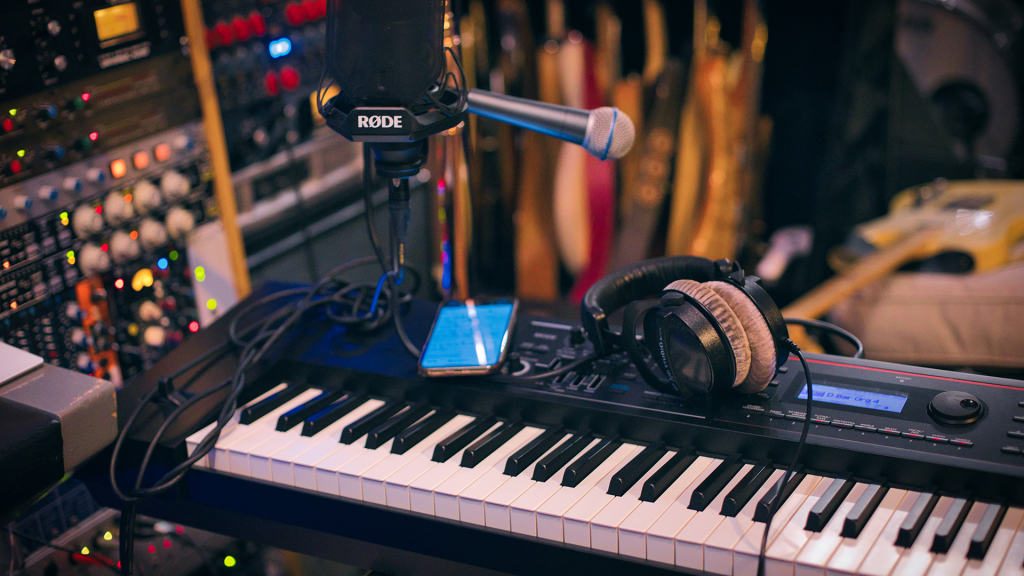
DISCOVER MORE: Click here to learn how to create your own green masterpiece
The Science Behind Music and Cognitive Enhancement
To truly grasp the impact of music on creativity, it’s crucial to understand the science that supports this connection. Engaging with music—especially through the practice of an instrument—does not merely entertain; it actively shapes our cognitive and emotional frameworks. Numerous studies have shown that musical training can lead to significant changes in brain structure and function, enhancing one’s creative abilities in various ways.
One major area of interest is how music stimulates different brain regions. Research indicates that when a person plays an instrument, they activate a network of areas responsible for movement, emotion, and thinking. This multi-faceted activation leads to increased neuroplasticity, which is the brain’s ability to adapt and reorganize itself in response to learning and experience.
For instance, a 2016 study published in the Proceedings of the National Academy of Sciences found that musicians exhibit higher levels of gray matter density in areas associated with sensory processing and motor control, compared to non-musicians. This anatomical advantage suggests that musicians may have a more sophisticated approach to tackling creative challenges. Furthermore, the cross-training of different cognitive skills through music can translate to improved problem-solving abilities.
Nurturing Creativity Through Emotional Engagement
The emotional resonance inherent in music does not just provide an outlet for feelings; it also enhances the creative process. Engaging with music allows individuals to explore their emotional landscapes, cultivating a deeper understanding of both themselves and others. This emotional intelligence is instrumental in the arts, where the ability to convey and evoke feelings can lead to groundbreaking ideas and innovation.
Moreover, learning to play music fosters a sense of discipline and patience. Musicians often endure repetitive practice sessions that require them to overcome frustration and focus on gradual improvement. This dedication trains the mind not just for creativity, but also for resilience—qualities that are invaluable in any innovative endeavor. Here are some key characteristics that musicians often develop through their practice:
- Critical Thinking: Analyzing musical compositions and understanding diverse musical styles enhances one’s ability to think critically about various subjects.
- Innovation in Interpretation: Musicians frequently make personal interpretations of pieces, which fosters a mindset open to experimentation and fresh perspectives.
- Open-Mindedness: Exposure to a wider range of musical genres encourages flexibility in thought and the ability to embrace new ideas.
As demands for innovative thinking increase across various industries, the integration of music education and practice into everyday life stands out as an effective strategy for promoting creative problem-solving skills. In educational settings, programs like “Music Matters” are being adopted across the United States, recognizing the dual benefits of musical training: enhanced creative output and improved academic performance.
By acknowledging the profound connection between music and creativity, we can advocate for a cultural shift that values the arts as a catalyst for innovation. As we delve deeper into the mechanics of how music shapes our cognitive processes, it becomes clear that fostering musical practices can lead to a wealth of benefits beyond the realm of mere enjoyment.
The Role of Instrumental Practice in Cognitive Development
Research indicates that engaging in musical training significantly enhances cognitive skills, particularly in areas such as memory, attention, and spatial-temporal reasoning. When individuals practice an instrument, they are often required to manage multiple tasks simultaneously, such as reading sheet music, coordinating their hands, and maintaining rhythm. This multi-faceted mental engagement boosts synaptic connections in the brain, which can enhance overall brain function. Specifically, studies have shown that musicians tend to perform better on tasks requiring verbal skills, mathematical understanding, and problem-solving abilities.
Emotional Expression and Creativity
Moreover, practicing an instrument offers a unique platform for emotional expression. Music serves as a powerful medium to channel feelings and thoughts that may be difficult to articulate verbally. As artists explore dynamics, rhythm, and melody, they cultivate their individuality and innovation—key components of creative thinking. This emotional engagement can stimulate new ideas and perspectives, allowing musicians to innovate not just within music but in other creative domains as well.
Social Skills and Collaboration
Another aspect to consider is the social benefits that come with music practice. Participating in ensembles or group classes fosters collaboration, communication, and teamwork. This social interaction is essential for developing creativity, as sharing ideas and receiving feedback often leads to novel solutions and approaches. Collaborating with others exposes musicians to different techniques and styles, which can inspire innovation and personal growth in their musical journeys.
The Influence of Genre and Cultural Context
Different musical genres carry distinct cultural backgrounds and theoretical approaches. Engaging with diverse styles—be it classical, jazz, or world music—can influence a musician’s creative output. The exposure to various techniques and cultural narratives broadens creative horizons and introduces new methodologies and concepts. This cross-pollination of ideas is beneficial for any budding innovator looking to enhance their repertoire.
| Advantages | Details |
|---|---|
| Enhanced Cognitive Skills | Musical training boosts memory, attention, and problem-solving abilities. |
| Emotional Connectivity | Offers a unique medium for emotional expression, fostering innovation. |
| Social Collaboration | Enhances teamwork and communication, leading to fresh creative ideas. |
| Diverse Influences | Exposure to various genres enriches creativity and inspires new methodologies. |
Exploring the connections between music and creativity reveals a deeper understanding of how instrumental practice can serve as a catalyst for innovation. By fostering cognitive, emotional, and social development, musicians are not only enhancing their skills but also contributing to a more innovative world.
DIVE DEEPER: Click here to discover amazing ethnic recipes
The Role of Music in Team Collaboration and Problem Solving
In addition to individual cognitive development, music can significantly enhance collaboration among teams, promoting innovative solutions through cooperative problem-solving. When individuals engage with music in group settings—be it through band practices, orchestras, or even casual jam sessions—they are not just creating harmonious sounds. They are also honing their ability to communicate effectively, work toward a common goal, and think creatively together.
An intriguing study from the Journal of Applied Psychology highlights how musical improvisation encourages spontaneous collaboration. Participants reported that group musical activities fostered a sense of trust and mutual respect, which are critical for effective teamwork. The ability to respond to one another musically mirrors real-life scenarios requiring innovation, as team members must listen actively, adapt, and contribute their unique perspectives without overshadowing others.
Moreover, music engages the whole brain, creating a shared cognitive experience that can inspire novel ideas. When a team listens to music or even participates in music-making together, they tap into a rich source of inspiration that transcends traditional brainstorming methods. For instance, some companies, such as Google and Hewlett Packard, have started incorporating music into their team-building exercises, recognizing the benefits of creativity in collaborative environments. Through these activities, teams often report that they leave sessions with renewed energy and a myriad of new ideas.
The Effects of Music on Mood and Motivation
Furthermore, the ability of music to influence mood should not be underestimated. The emotional power of music has been well-documented, with research indicating that listening to certain types of music can elevate mood and increase motivation. This is especially relevant in fields that require high levels of creativity, such as advertising, design, and technology. A positive emotional state can lead to divergent thinking—a critical component of creativity, where individuals generate multiple, varied ideas.
In practice, businesses are employing music strategically to enhance their work environments and boost productivity. For example, at Spotify, employee playlists are shared and used as a dynamic element in office design, creating spaces where creativity can flourish. Startups frequently play background music to elevate morale and encourage innovation among their teams.
Furthermore, studies have shown that incorporating music during the creative process can help overcome mental blocks. Techniques like using specific playlists for different phases of work can allow individuals to enter different mental states appropriate for brainstorming or focused work. Artists and innovators often curate playlists that align with their goals, harnessing music’s potential to awaken imaginative thought.
Music as a Tool for Lifelong Learning
The role of music in fostering creativity extends to its ability to enhance lifelong learning. Practicing an instrument not only solidifies existing skills but also encourages continuous growth and exploration. As one learns to navigate the intricacies of music, they often find parallels in other areas of life—learning a new skill, adapting to change, or even confronting failures. These experiences intrinsically link the practice of music with a mindset conducive to innovation.
Programs promoting music education in schools and communities—such as El Sistema, a global music education program originating in Venezuela—demonstrate how structured music training can cultivate a generation equipped with the tools needed for creative problem-solving. The social and emotional lessons learned through music extend beyond the stage, impacting various aspects of students’ lives and their future careers.
As the understanding of music’s impact on creativity continues to grow, it has become evident that embracing musical practice can serve as a transformative tool. By fostering a culture that values music, we encourage innovation not just as a lofty goal but as part of daily life, enhancing our ability to navigate challenges creatively and collaboratively.
DISCOVER MORE: Click here to learn more about the role of manual skills in creativity
Conclusion: Unleashing Creativity Through Music
As we have explored, the profound relationship between music and creativity serves as a powerful catalyst for both personal and collaborative innovation. By practicing an instrument, individuals not only enhance their cognitive skills but also engage in lifelong learning, developing a mindset that embraces exploration and adaptability. This continual journey through music fosters resilience, creativity, and critical thinking—skills that are essential in our rapidly changing world.
Moreover, the communal aspects of music-making transcend beyond personal boundaries, promoting effective teamwork and enhancing collective problem-solving abilities. The engaging experiences derived from group musical activities amplify trust and communication amongst team members, demonstrating that creativity is often a collaborative endeavor. Leading organizations have increasingly recognized these benefits, incorporating musical elements into their work culture to stimulate energy and inspire out-of-the-box thinking.
Additionally, the emotional influence of music cannot be overlooked. It serves as a mood enhancer and a motivational tool that can lead to greater productivity and better creative outcomes. The strategies of integrating music into the workspace and utilizing curated playlists for different tasks reveal the practical applications of music as a valuable resource for overcoming mental barriers and igniting innovative thoughts.
In conclusion, embracing music practice not only enriches one’s artistic expression but also cultivates a fertile ground for innovation across various fields. As society increasingly acknowledges the importance of creativity, fostering an appreciation for music can become a cornerstone for nurturing future generations of thinkers, creators, and problem solvers. It is in this harmonious intersection of music and creativity that we can unlock a world of endless possibilities.
